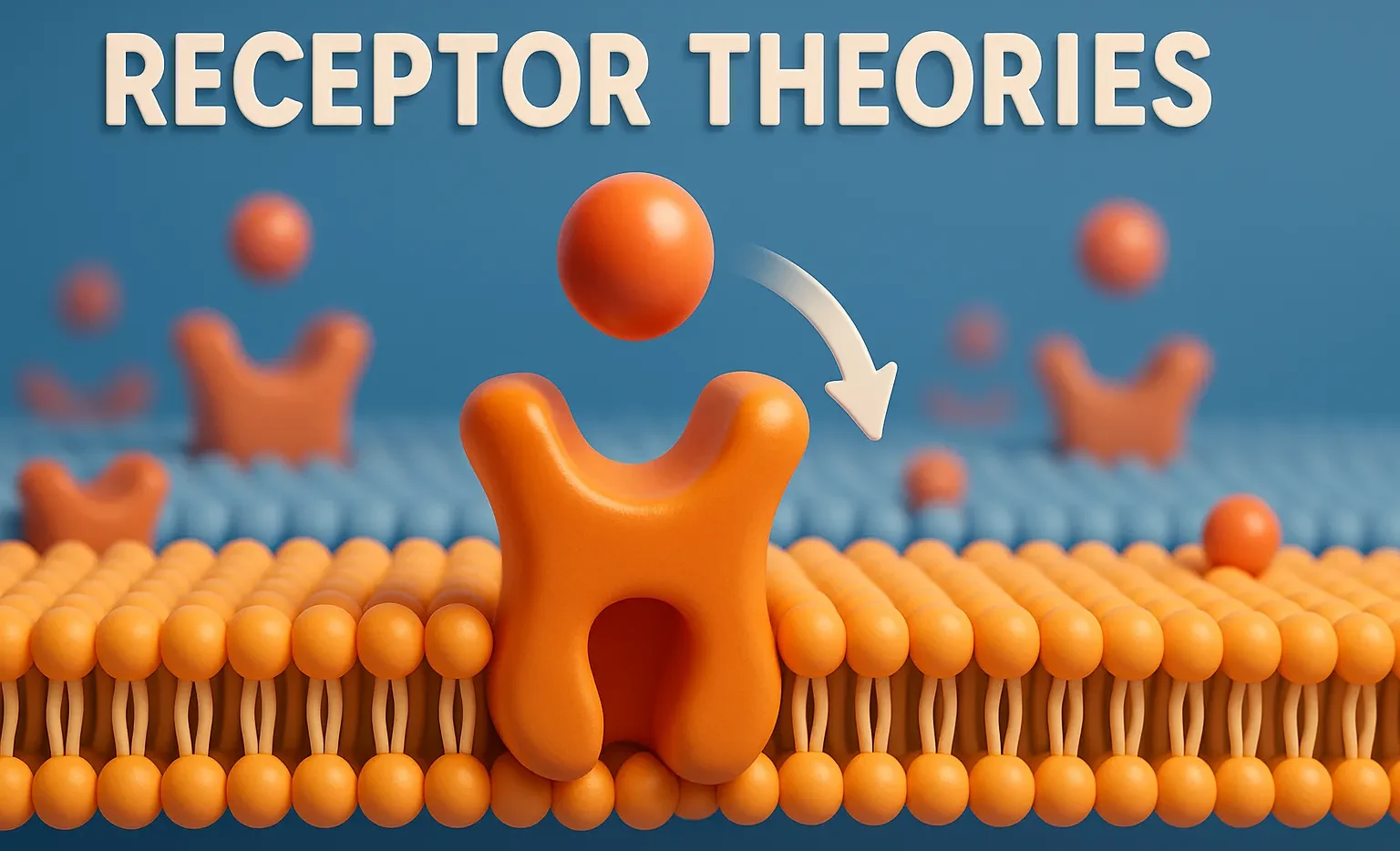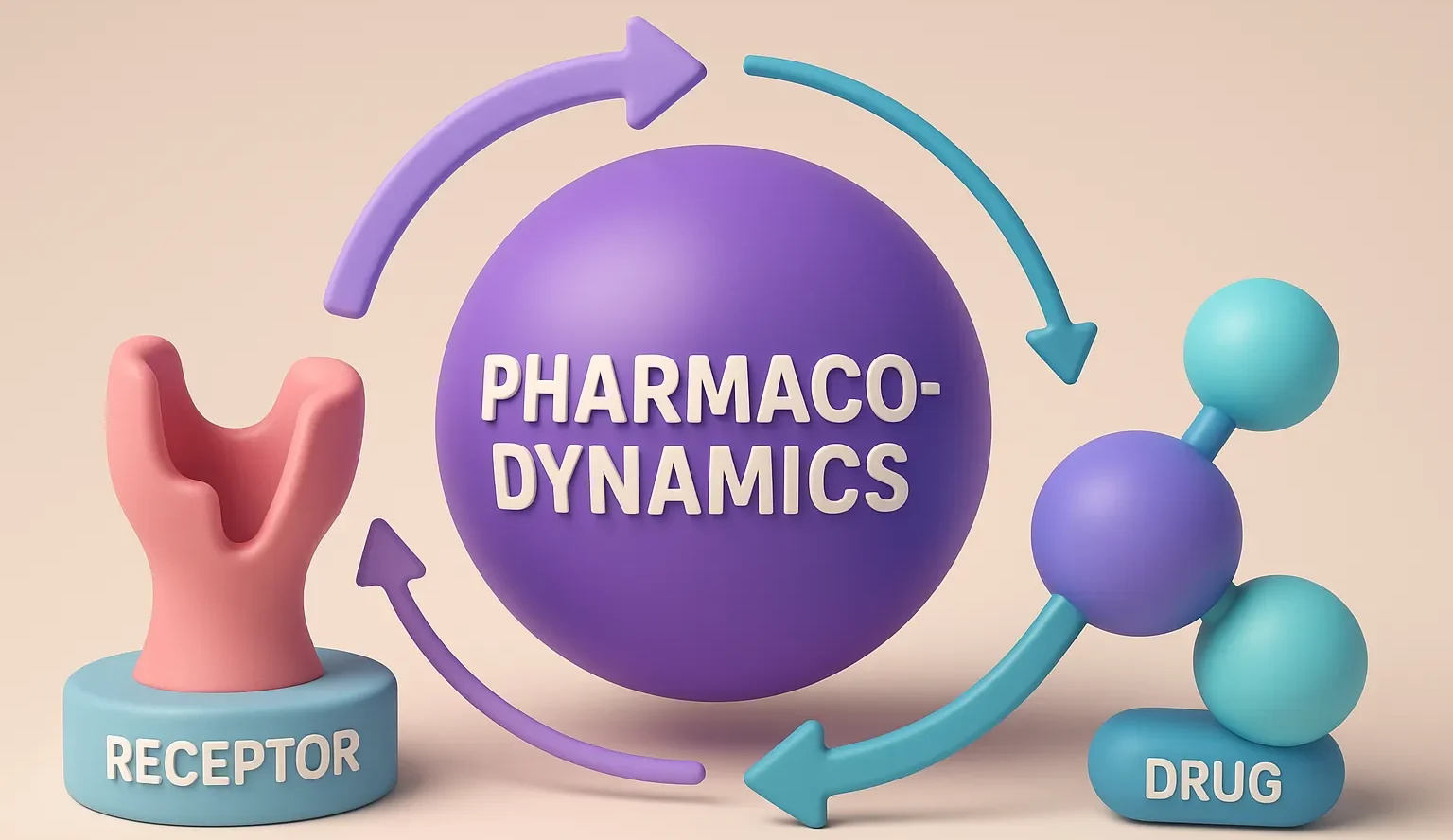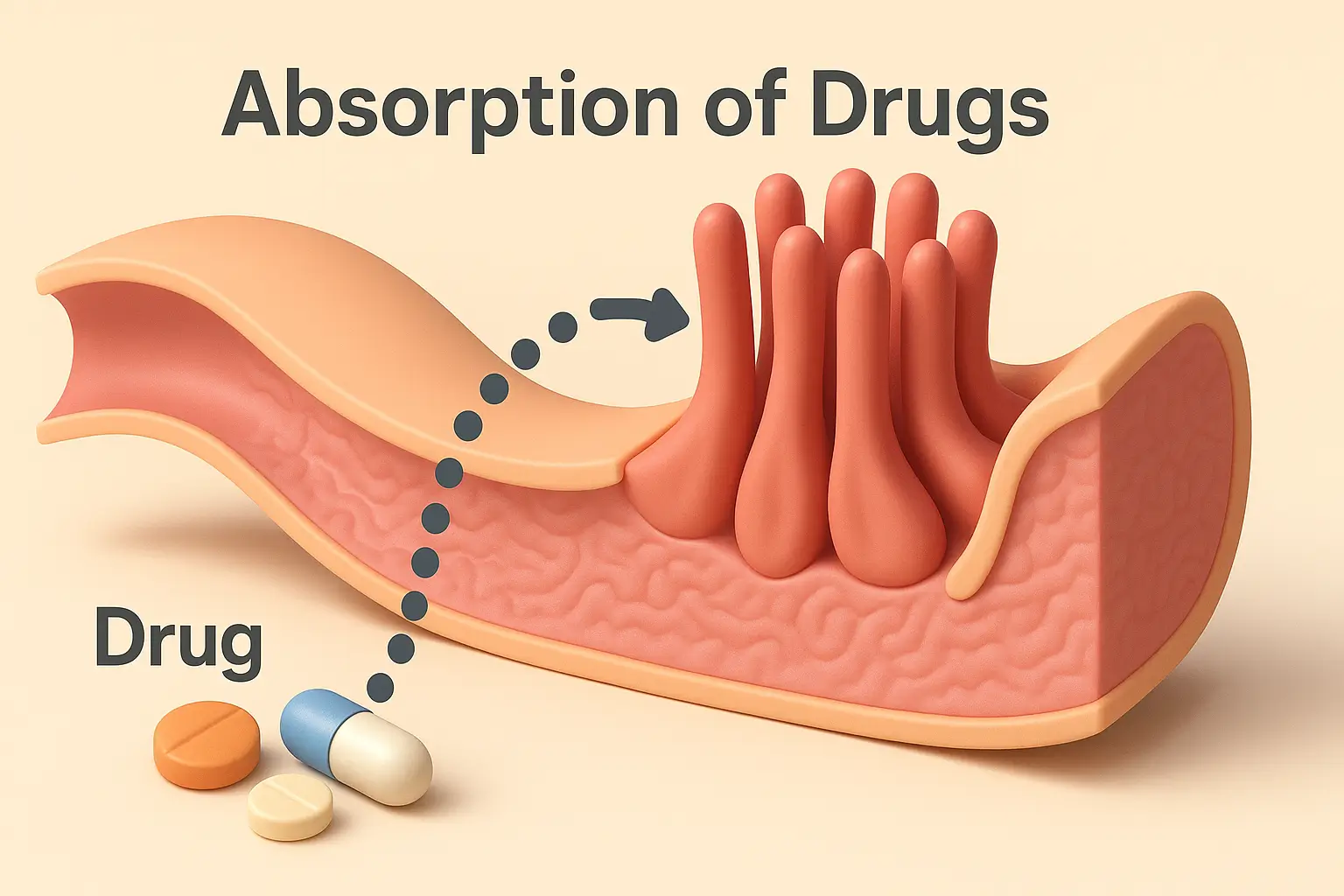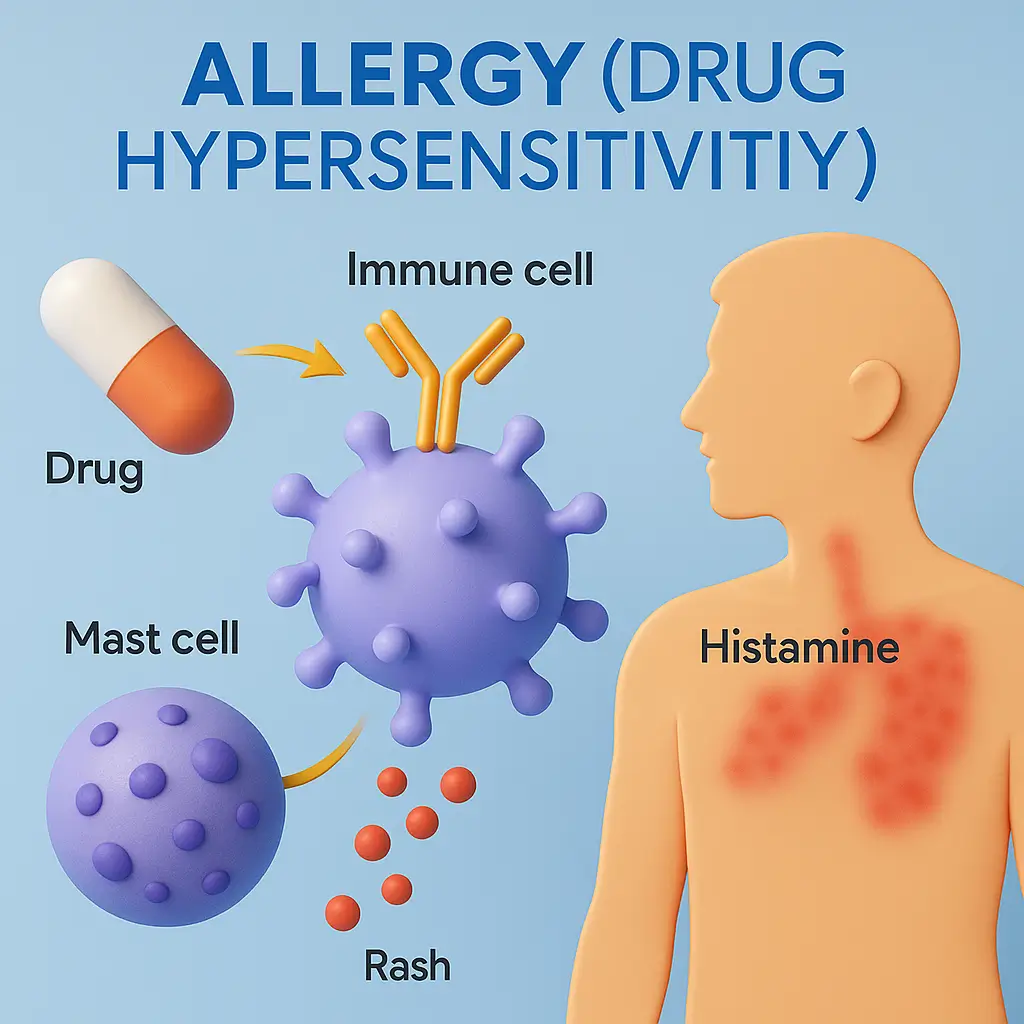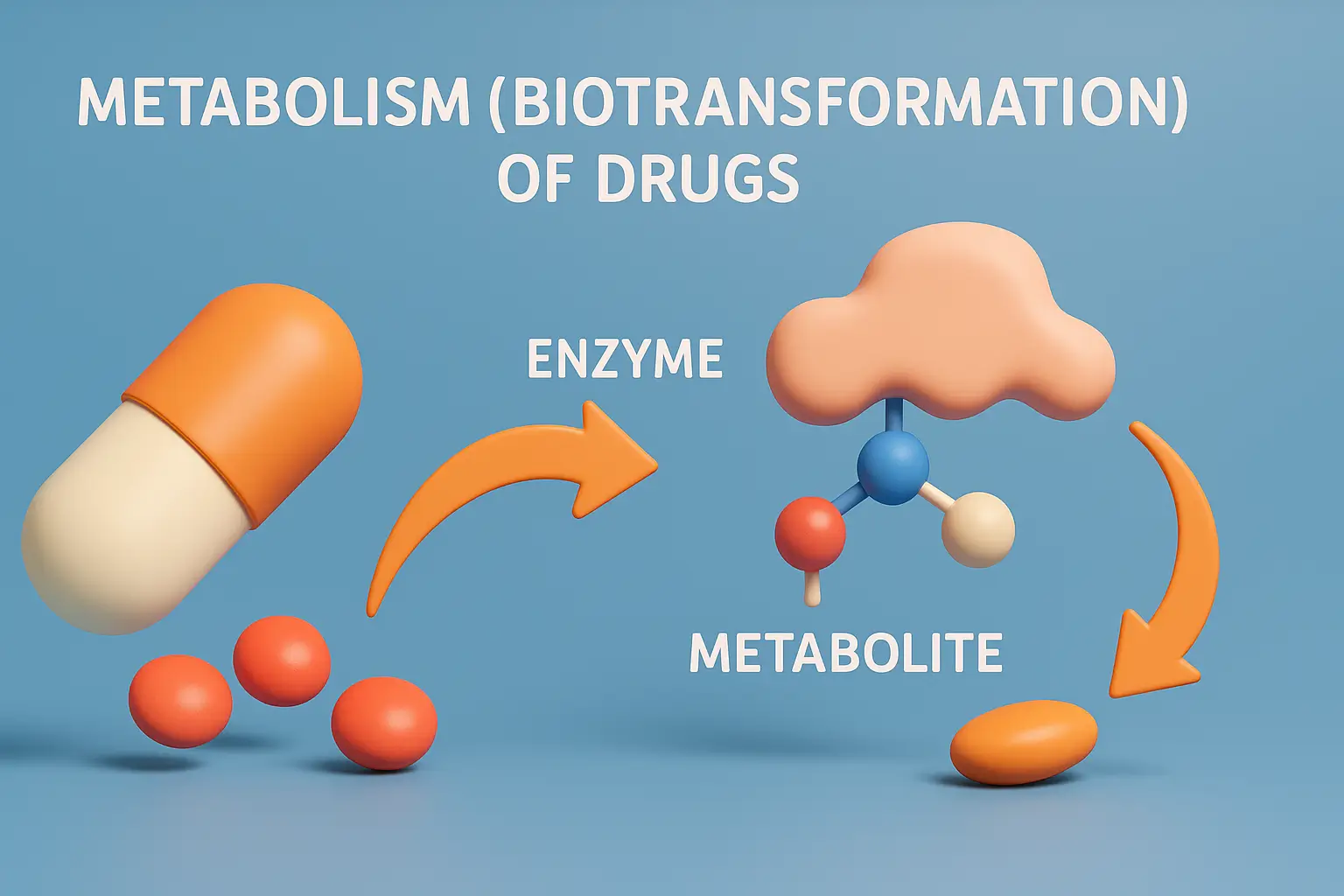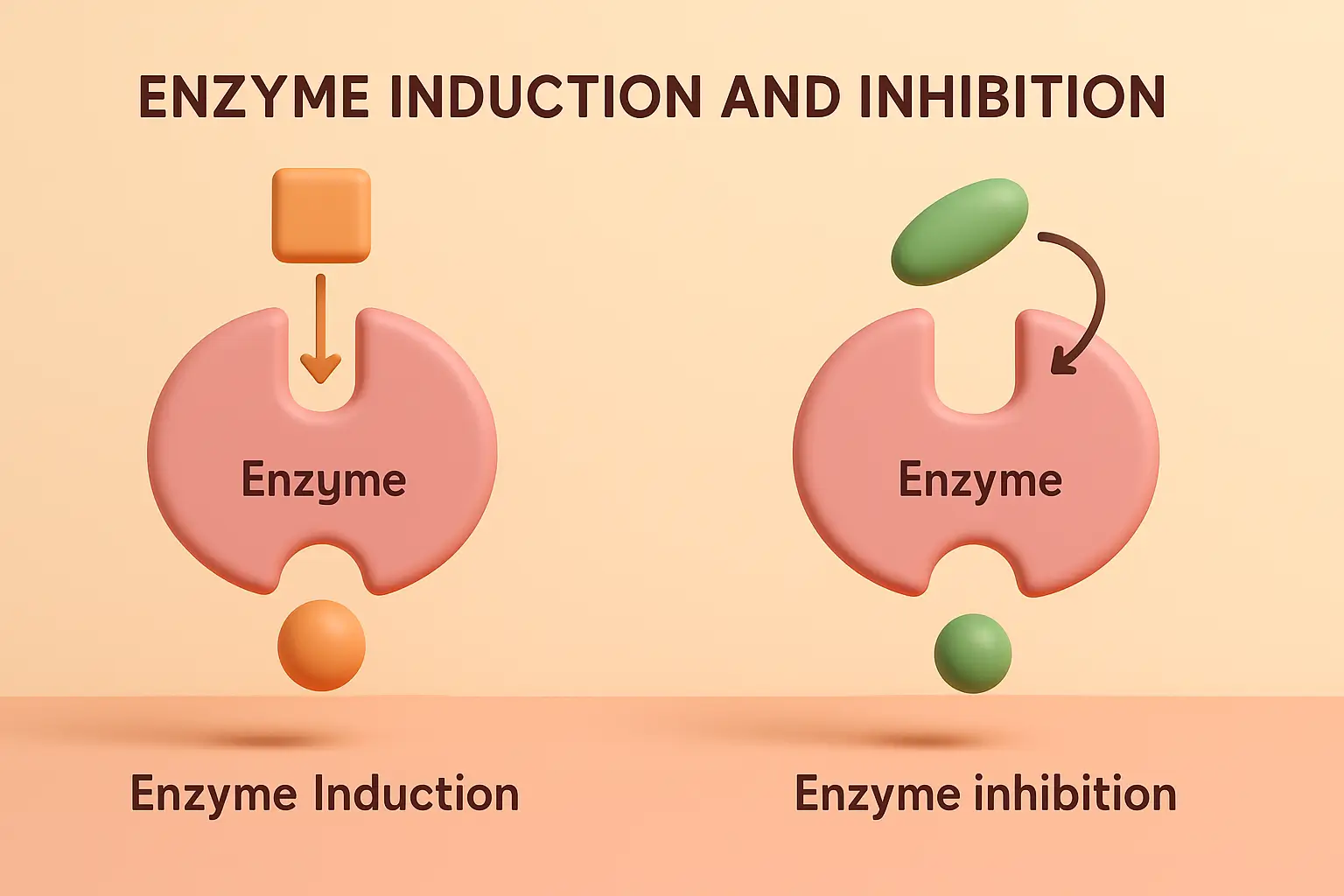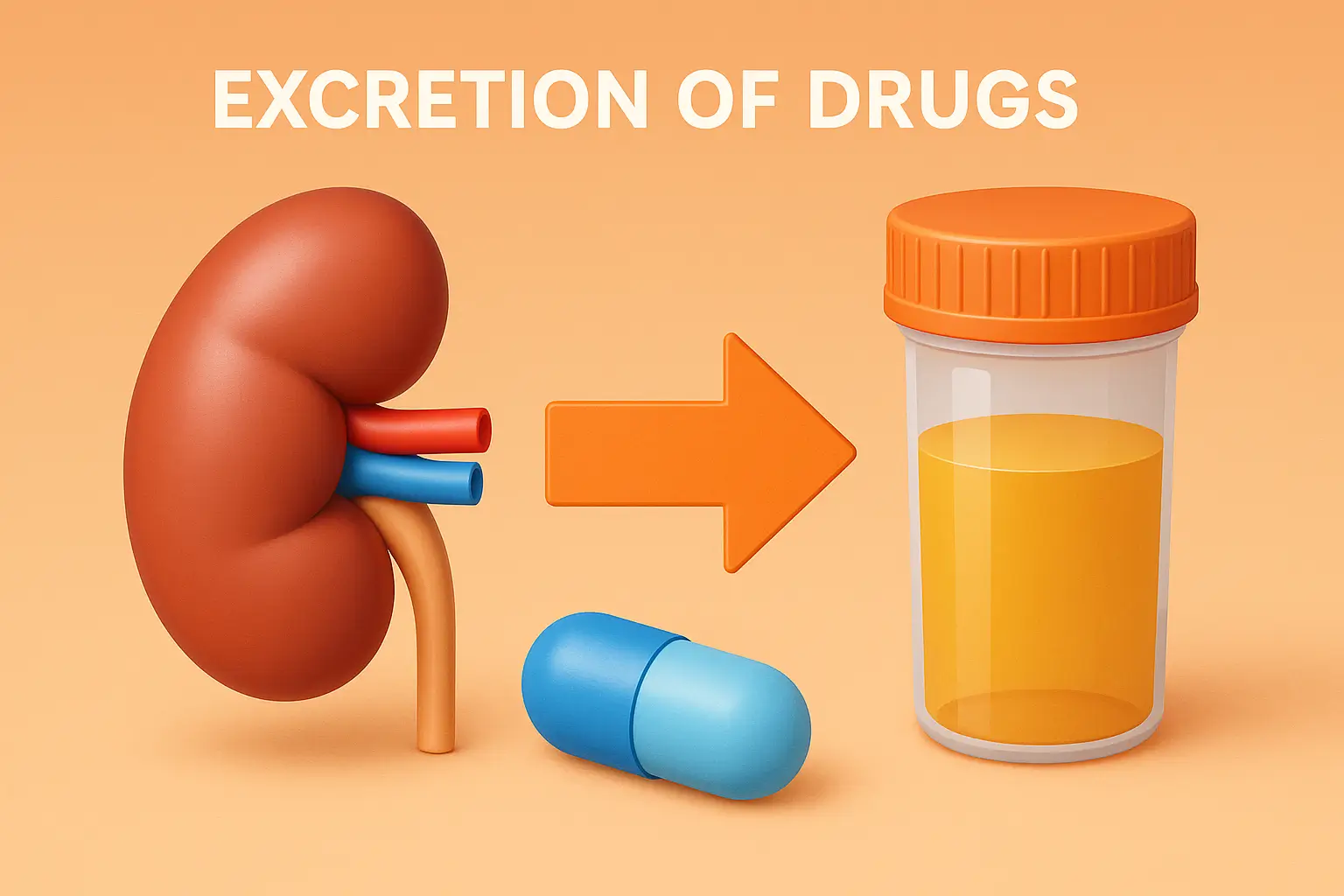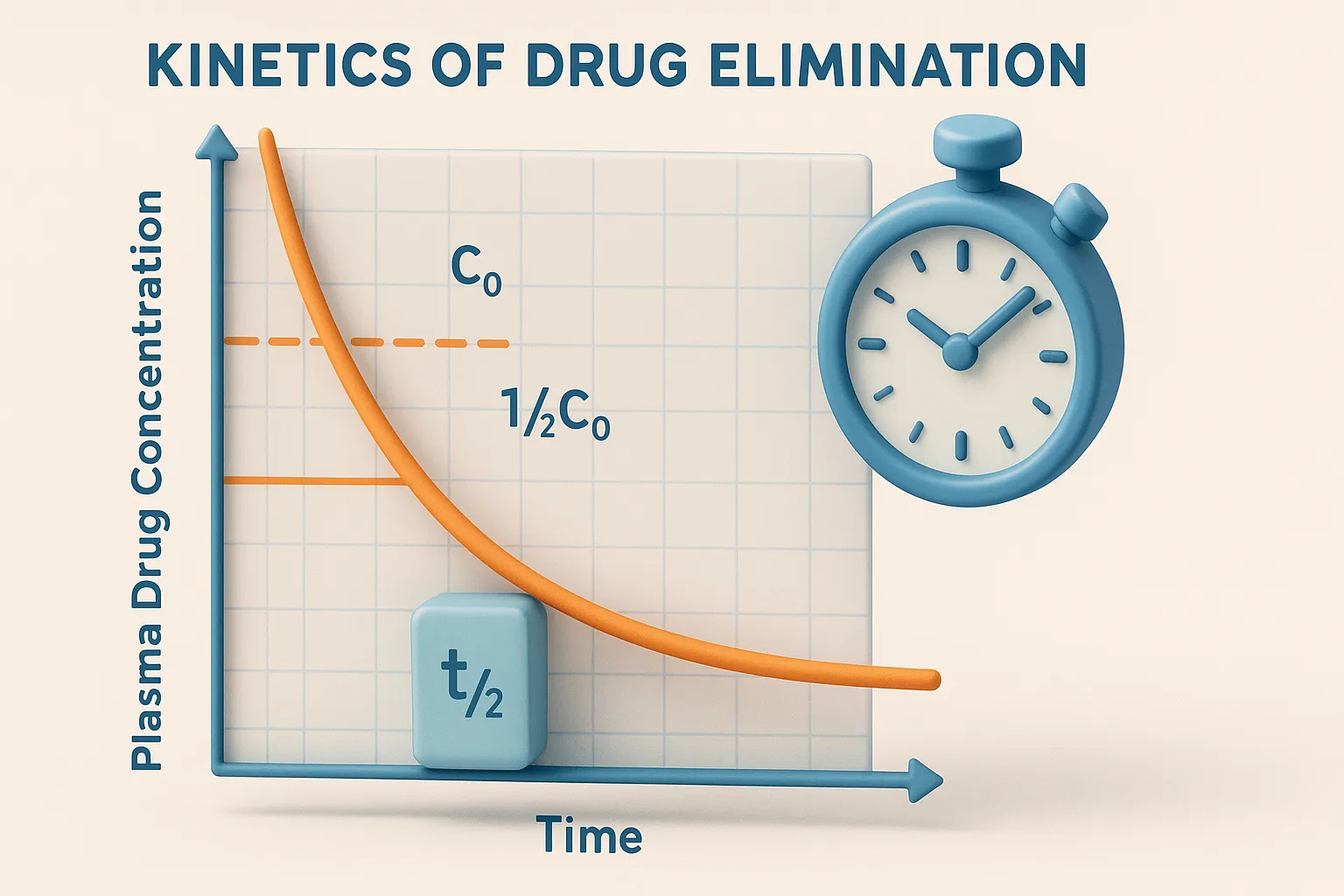Receptor Theories
Receptor theories explain how drugs produce effects by binding to receptors and activating or blocking them. Receptor Theories These theories explain how drugs interact with receptors and how this leads to a response: Historically, various theories have been proposed to explain how drugs interact with receptors and elicit responses: Occupancy Theory (Clark’s Theory) The intensity … Read more

